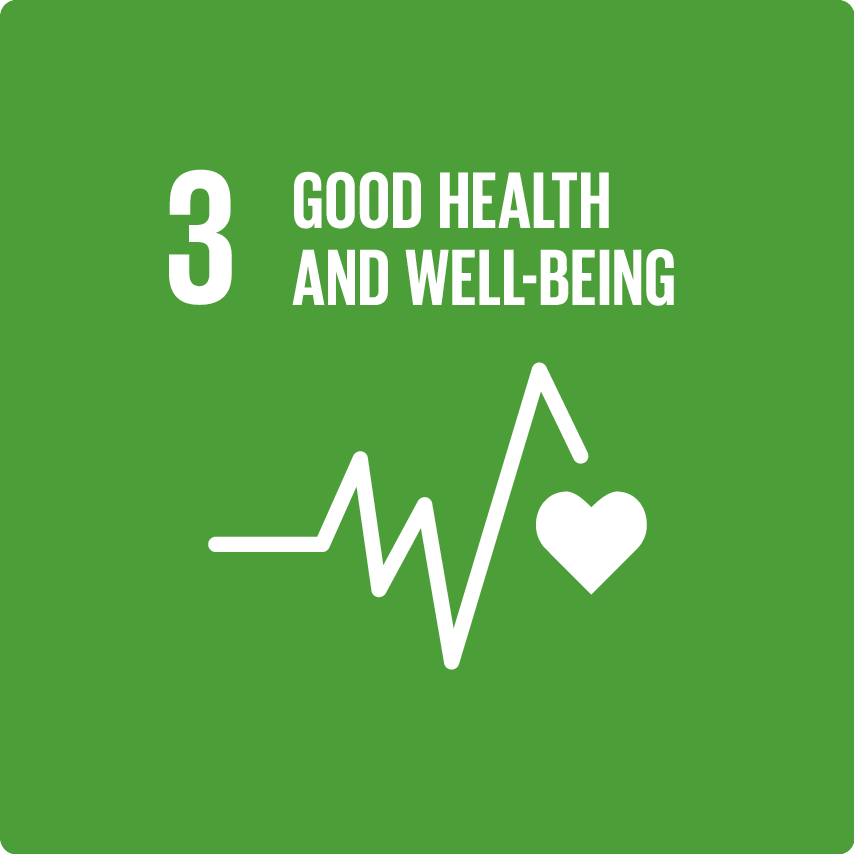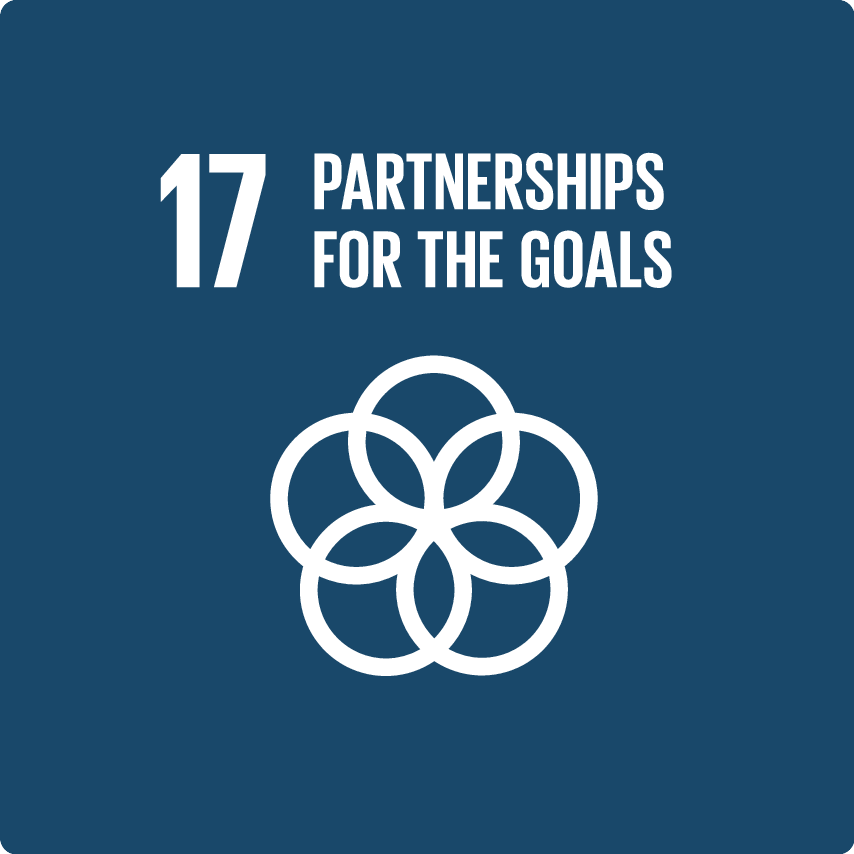Blueprint for Innovative Healthcare Access – Meru County, Kenya
The Blueprint for Innovative Healthcare Access - Meru County, led by Amref Health Africa, International Cancer Institute (ICI) and Takeda aims to improve the lives of patients by strengthening the healthcare system for NCDs in the county and surrounding regions.
SEE ALL PARTNER ORGANIZATIONS
Objectives
- The initiative aims to improve the lives of patients by strengthening the healthcare system for NCDs in the county and surrounding regions.
The Blueprint for Innovative Healthcare Access is a proven partnership model, focused on delivery and implementation, and applied in a targeted and measurable way to save and improve the lives of patients with cancer and other Non Communicable Diseases (NCDs) – through earlier diagnosis and local access to consistent high-quality treatment and innovative medicines.
The Blueprint for Innovative Healthcare Access is designed to sustainably strengthen healthcare systems at a local level by building a consortium of partners (private sector, governments, Non-Governmental Organisations (NGOs), healthcare professionals and communities) who own and drive delivery at every stage of the patient journey – from awareness and prevention, screening, diagnosis, treatment and ongoing patient support, with faster integrated referrals. All of whom come together and work collaboratively as follows:
- Fully understand the local healthcare environment and identifying the specific challenges or healthcare gaps in each therapeutic area or country.
- Promote public awareness and education for prevention screening, early detection and treatment through customized campaigns that also address misconceptions and false information
- Deliver culturally appropriate and customized training programs to increase earlier diagnosis, improve referrals and deliver high quality and consistent local clinical care and ongoing patient support services. This includes using engaging content and innovative digital platforms, mentoring and training of trainers for healthcare providers – from community volunteers, primary healthcare nurses and physicians, through to clinical specialists.
- Deliver mass screenings for NCDs with timely diagnostic follow-up, including biopsies, radiology (CT scans, X-rays), blood pressure and blood glucose level measurement and ensures the consistent provision of medicines through a digitized stock and supply chain management system, including funding drugs during periods of stockouts.
- Provide treatment and addressing affordability barriers including enrolling patients onto local healthcare insurance provisions and working with pharmaceutical companies on treatment financing mechanisms
- Ensure robust data collection, and consistent, transparent and independent measurement to evaluate impact on the lives of patients and to hold all partners accountable. It also ensures NCD surveillance through analysis and reporting – enabling control management of cancer and other NCDs, and the establishment of global best-practice registries.
- Ensure strong governance, leadership and co-ordination to effectively implement, manage and sustain the project.
Meru County in Kenya was selected as the Blueprint pilot county, launched in 2019 and led by Amref Health Africa, International Cancer Institute (ICI) and Takeda, together with local and regional partners to improve the lives of patients by strengthening the healthcare system for NCDs in the county and surrounding regions.
Results and milestones
As of 1 December 2019, 818 healthcare workers have been trained. Over 500 community health workers were trained by our partners to educate local households on NCDs. Our interventions have taken NCD screening where it is needed, reaching people in accessible venues such as a community sports center. Over 6000 women and men were screened for cancers, and more than 200 people are receiving treatment.
The Blueprint is also alleviating the financial burden of treatment by supporting patients in enrolling into the National Health Insurance Fund (NHIF). This helps cushion them against out of pocket cost of buying medication and increases their access to cancer medications. It also supports patients in receiving radiologic investigations like CT and X-rays as well as other routine laboratory tests, while providing transport reimbursement in order for them to attend clinic or chemotherapy sessions.
As part of the Blueprint initiative, the county government of Meru has recruited and employed a full-time medical oncologist to run the oncology clinic at the Meru Teaching and Referral Hospital (MeTRH). This has also led to the elevation of the oncology unit to an oncology department in July 2019. The Blueprint partners are also supporting a medical officer from Meru county with tuition fees to pursue a three-year master’s program in oncology at Muhimbili University of Health and Allied Sciences in Tanzania.
Through the introduction of new partners, the intent is to continue to strengthen the Blueprint for Innovative Healthcare Access in Meru county and expand it to additional counties within Kenya and into the other countries in sub-Saharan Africa.
Geographic Reach
- Africa
Disease Area
- Non-communicable diseases
Target Population
- People with low incomes
Partner organizations
Geographic Reach
Africa
- Kenya
Disease Area
Non-communicable diseases
- Cancer
- Breast Cancer
- Cervical Cancer
- Hematological Cancers
- Other Cancer
- Cardiovascular diseases
- Hypertension
- Diabetes
- Type 1
- Type 2
- Mental and neurological disorders

